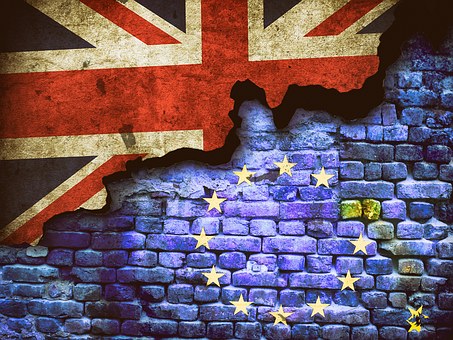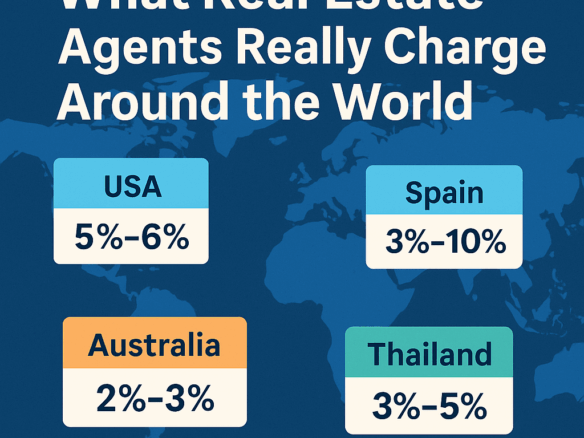
Hard Brexit, soft Brexit, no Brexit, our news channels are bombarded daily with apocalyptic predictions for what to expect in the aftermath of however Brexit takes place next year. There’s no doubt that, however it happens, Brexit will have far-reaching consequences not only in the UK and EU but also worldwide. One sector that is already feeling the financial impact is the overseas property market within Europe. So what’s been happening since the referendum, and what can UK citizens who own property overseas expect post-Brexit?
Living and buying overseas is now more expensive
Since the Leave vote in 2016, we’ve seen sterling tumble in value – falling by 12% against the Euro and 5% against the US dollar. This means the pound won’t buy you as many Euros. Consequently, not only has the cost of living escalated for Expats living off UK savings or earnings, but it also means that buying a property within mainland Europe is now more expensive than it would have been pre the referendum.
Loss of EU member state perks
In terms of the housing market, it’s not just currency rates that UK investors need to be mindful of. Becoming a non-EU citizen may affect the deposits purchasers need to put down – from 20% for EU citizens to as much as 49% for non-EU citizens. Tax breaks will also be affected, especially if the UK leaves the European Economic Area. Currently, UK homeowners only pay 19% tax on gains from renting or selling properties, whereas again this could go up to as much as 49% for non-EU citizens.
Freedom of movement could be restricted
Another area of concern is getting to your property – travel won’t be as straightforward when we’ve switched to the blue passports. Flight prices could also escalate, as well as visa restrictions being put into place affecting freedom of movement, making it harder if you need to get to and fro and potentially deterring holiday bookings for your gîte or seaside apartment in Spain.
A time to sell
There is one way, though, that overseas property owners could make a profit out of a dire situation. With sterling plummeting and the Euro gaining strength, your French farmhouse is now worth far more than it was 2 years ago. If you bought at €300,000 pre-Brexit, when the Euro stood at 1.45 to the pound, it would have meant investing some £200,000. If sold for the same value, however, your French pied à terre is now worth over £270,000, meaning you can buy more pounds back for your Euro and your overseas property has brought in a tidy £35,000 profit per annum. Importantly, for those owning in Spain where property prices have plummeted, this exchange rate mitigates any losses you may otherwise have incurred.
So as you can see, if you’ve been thinking of selling your overseas property, then now’s a good time to put it up for sale and repatriate funds to the UK. In terms of how and when you invest, it may be better to wait a few months as house prices are set to depreciate by 5-10% over 2019. By delaying your purchase, you could pick up an amazing property back home.
For those heading back to UK shores, make sure you keep a close eye on news and currency movements. Select your home wisely as there will be hotspots ripe for investment. Make sure you use a RICS registered chartered surveyor for the best advice on any potential properties, to ensure you’re making a solid investment.



